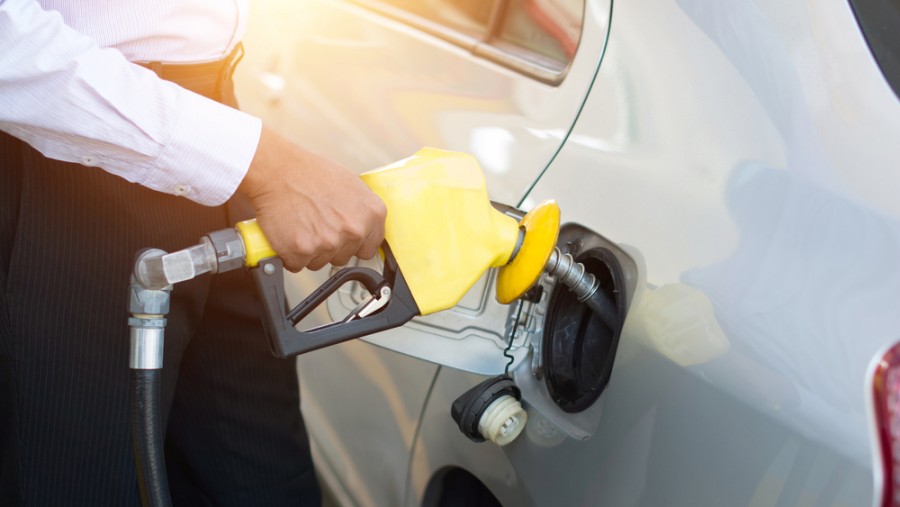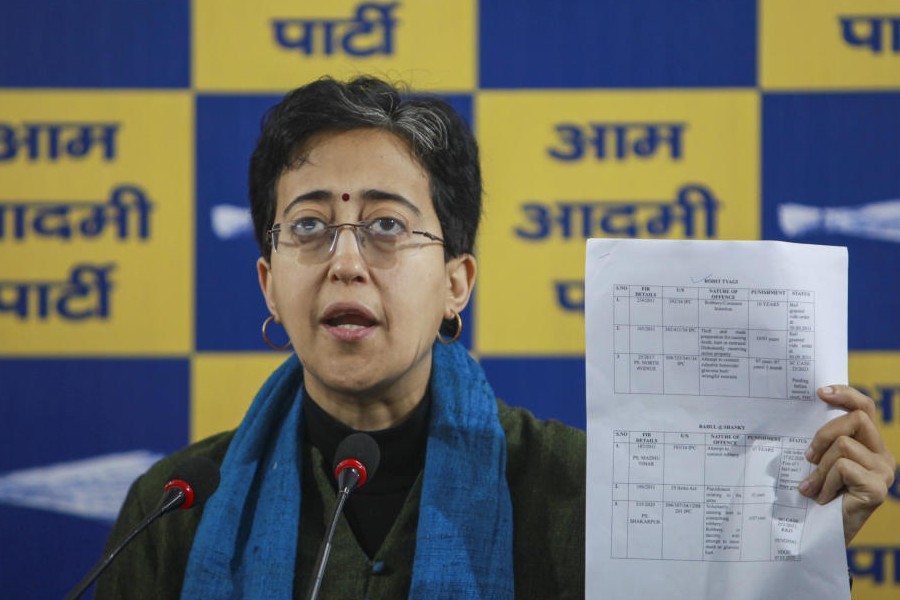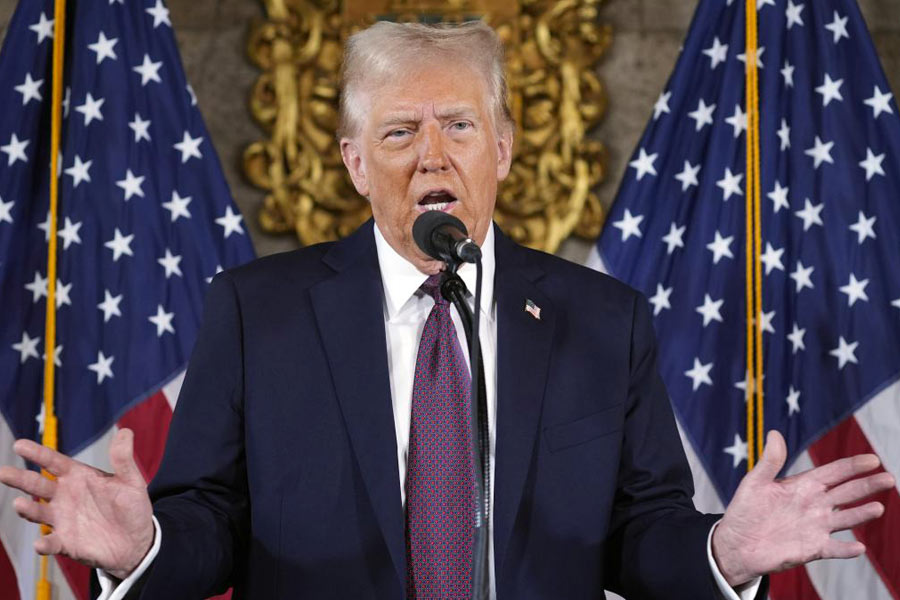All states, including the BJP-ruled ones, unanimously opposed the inclusion of petroleum products under the goods and services Tax as it would impact the revenue of both the Centre and the states.
“We did discuss the issue and most states were of the opinion that it is not the right time to include petroleum products under GST. This is what the Council has decided now, and this is what we are going to report to the Kerala high court,” finance minister Nirmala Sitharaman said.
The Kerala high court in a June order had directed the GST Council to forward a petitioner’s representation to the Centre to bring petrol and diesel under GST and take an appropriate decision within six weeks. The decision of the Council to include the issue in the meeting’s agenda was just to comply with that order.
Rajat Bose, Partner, Shardul Amarchand Mangaldas & Co, said: “Considering that most states strongly opposed this proposition, it seems that these goods are not likely to be subsumed in GST anytime soon.”
Sushil Kumar Modi, former Bihar finance minister, said if petrol and diesel are brought under the ambit of GST, the Centre and the states would have to incur a combined revenue loss of Rs 4.10 lakh crore.
Tamil Nadu finance minister P. Thiagarajan said in his speech at the council that state taxation of petrol and diesel remains one of the last vestiges of any state’s right to manage their own revenue.
Nasscom view
Nasscom has welcomed the decision of the GST Council to issue a circular to clarify the scope of intermediary services. It said it expects BPOs and services exports will not be denied export status by the enforcement authorities. The council has also said an arm of a global parent in India will be treated as a separate entity and will get export status in its services to the foreign parent. Nasscom said this would boost the operations of global capability centres in the country.











